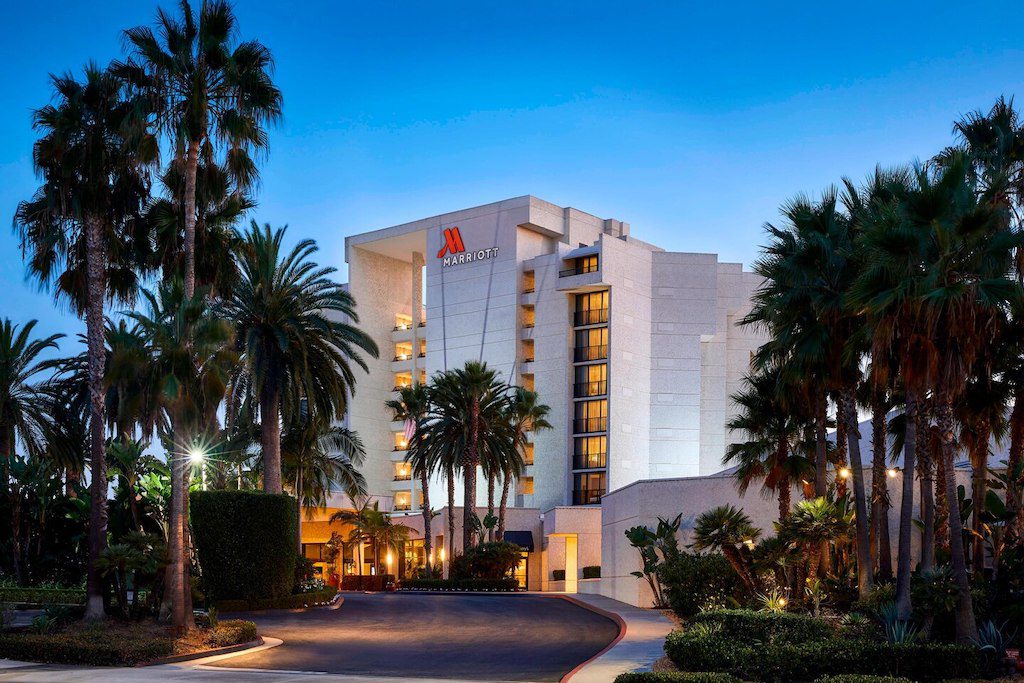Skift Take
Want to build a new resort by the beach or acquire a five-star hotel downtown in a major U.S. city? Lenders are listening. But if you want to break ground on a roadside motel in a secondary market, you may be waiting for the bank to return your calls for several years.
The hotel investment narrative since March is one of dried-up bank lending, and the only deals getting done are ones that were underway since well before the pandemic began.
But money appears to be trickling back into the hotel sector, including one fund with backing from retired baseball great Alex Rodriguez.
“It’s going to be selective,” said Richard Clarke, a senior analyst covering global leisure and hotels at Bernstein. “If the business case is very strong, then you have been able to get these projects approved.”
Hotel occupancy rates and revenue plummeted this year due to the pandemic and, while they began a summer recovery, are once again retreating due to rising case counts around the world. This volatility nixed deals in the planning stages where developers were beginning to seek construction loans. But it also threw a giant question mark around how to value an existing property, effectively screeching the hotel investment sales market to a halt as well.
That appears to be in the rearview, at least in some sectors.
CBRE Hotels in early November secured $170 million in financing for the Newport Beach Marriott Hotel & Spa in Southern California, billed as the largest single-asset U.S. hotel transaction since the beginning of the pandemic. The real estate firm also handled a sub-$25 million deal on a smaller hotel in South Florida as well as a larger hotel deal last month in Boston.
“That process had a deeper showing than I would have expected, given the pandemic,” said Mark Owens, head of hospitality capital markets at CBRE Hotels. “For great hotels, great assets, and borrowers, the capital is selectively available.”
CBRE also closed on a ground-up hotel construction loan in Los Angeles last week.
“Where there’s creativity and flexibility, there’s a market to be made,” Owens said. “It takes having not just the relationships with the lenders but the ability to be collaborative and think through how to structure various components that you may not have to think through in a normal operating and lending environment.”
What constitutes financing “creativity” is in the eye of the borrower and lender.
This can include anything from putting up more of one’s own money into a project to signal to lenders it is a safe bet to turning to alternative sources of financing like private equity firms, family offices, or very high-net-worth individuals looking to invest in a hotel project.
New York Yankees baseball legend Rodriguez even partnered last week with real estate investment firm CGI Merchant Group on a $650 million hospitality fund focused on acquiring and developing Hilton hotels throughout North America and the Caribbean over the next three years.
“There are creative ways you can find money. You can go to a professional baseball player, apparently,” Clarke said with a laugh.
It’s rational to expect banks to want to go where the limited number of travelers this year want to be: drive-to and leisure markets. While that is often the case, those interviewed for this story don’t expect a massive financing exodus from major markets.
“What we found in our initial conversations was most lenders wanted drive-to resorts. That was the most desired product, but through our processes it is clear that lenders have a much broader view and are not avoiding other subsets of the market,” Owens said. “Bigger hotels or more luxurious properties may be more expensive to build and have a higher burn rates until things return to normal, but you’re also generally dealing with a subset of borrowers that may be better capitalized and are therefore able to cover those payments.”
A Waldorf Astoria in a major U.S. city like Chicago, even if operations aren’t spectacular at the moment, has longevity as a real estate asset. Property values would hold more there than in a rural location, and there is still a revenue premium due to it being such a luxurious property. That is generally where alternative financing sources want to be, Clarke said.
Developers pursuing projects outside drive-to or resort markets or below the luxury tier will likely have to wait for more traditional lenders to loosen up hotel financing.
“If it’s that kind of alternative financing that comes through, it probably doesn’t want to finance a rural Kentucky Holiday Inn Express,” Clarke added. “There’s nothing wrong with that kind of product, it just needs more vanilla financing.”
Have a confidential tip for Skift? Get in touch
Tags: Bernstein, cbre, coronavirus, coronavirus recovery, marriott
Photo credit: Lenders are once again opening up to hotel projects but on a case-by-case basis (pictured: the Newport Beach Marriott Hotel & Spa in Southern California). CBRE Hotels

